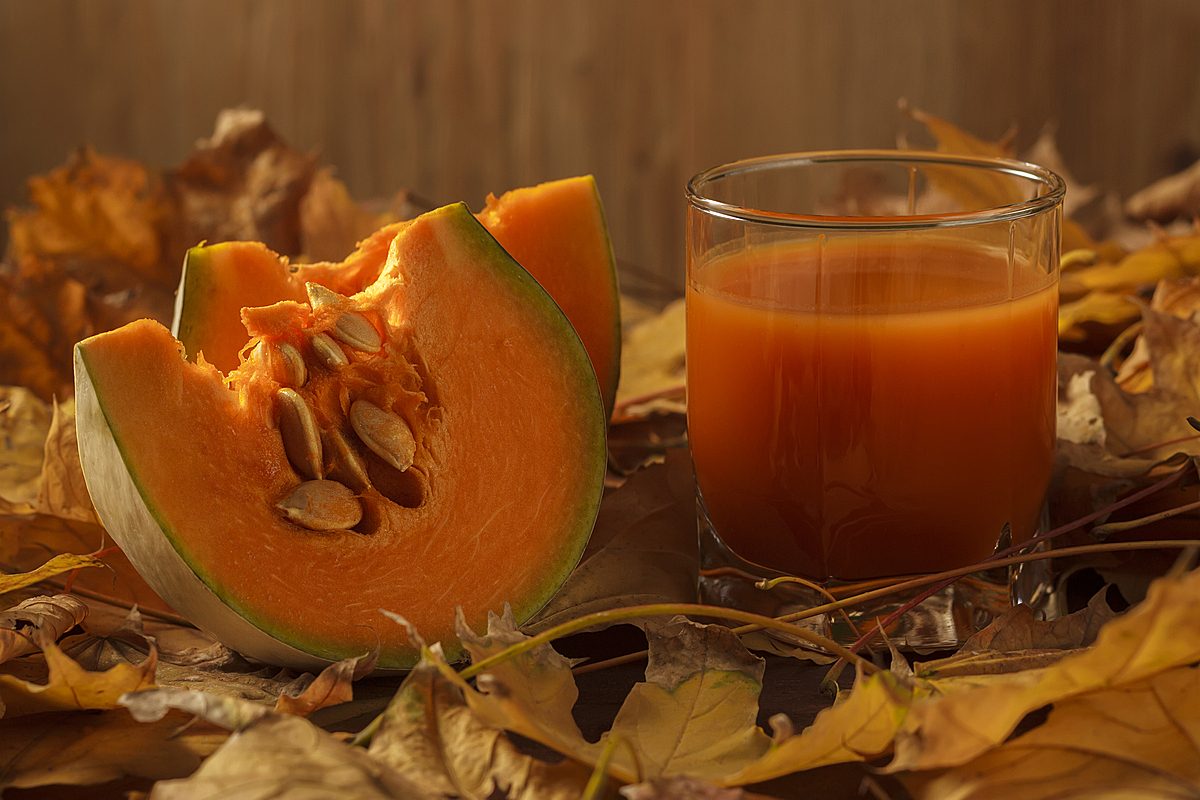Answer:
In traditional medicine, pumpkin is considered sweet and warm, aiding digestion, nourishing the body, clearing heat, detoxifying, regulating blood sugar, and reducing coughs and phlegm.
In modern medicine, pumpkin is known to contain antioxidants like beta-carotene, which protect the body from free radicals, reduce cancer risk, and protect eyesight. It is also rich in fiber and low in calories. Regular consumption can aid weight loss and boost cardiovascular health. However, for optimal health benefits, it should be consumed in moderation, choosing fresh, chemical-free pumpkins. Overconsumption can lead to carotene buildup, causing skin yellowing.
The claim that pumpkin juice can cure cancer is circulating on social media, but it is merely a rumor with no scientific basis. Cancer, including throat cancer, requires early detection and treatment with scientific methods such as surgery, chemotherapy, radiation therapy, palliative care, and improving overall health to control the disease.
Many cancer patients have abandoned conventional treatments for unproven methods, leading to disease progression and shortened lifespans. Therefore, this method should not be used for treatment. If you have cancer, you should adhere to your doctor's treatment plan, eat a healthy and nutritious diet, and maintain a positive outlook.
 |
Pumpkin contains antioxidants like beta-carotene that can help reduce cancer risk, but it does not kill cancer cells. Photo: Vecteezy |
Studies show that throat cancer, besides being linked to alcohol and tobacco use, is also caused by the HPV virus. According to US CDC statistics, HPV is linked to 70-80% of oropharyngeal cancers.
HPV is easily transmitted through sexual contact, skin-to-skin contact, and less commonly, through shared personal items. In addition to throat cancer, the virus can also cause genital warts, cervical cancer, penile cancer, vulvar cancer, and vaginal cancer.
Currently, diseases caused by HPV can be prevented with Gardasil and Gardasil 9 vaccines, with over 90% efficacy. Gardasil protects against 4 types (6, 11, 16, 18) and is indicated for females aged 9-26. Females aged 9 to under 14 only need two doses, 6-12 months apart. Those aged 14-26 require three doses.
Gardasil 9 protects against 9 types (6, 11, 16, 18, 31, 33, 45, 52, and 58) and is indicated for males and females aged 9-45. The vaccination schedule for those aged 9 to under 15 consists of two doses at least 6 months apart. Those aged 15-45 receive three doses within 6 months.
Dr. Ta Minh Da
Screening Physician, VNVC Vaccination System
Readers can submit vaccine-related questions for doctors to answer here.












